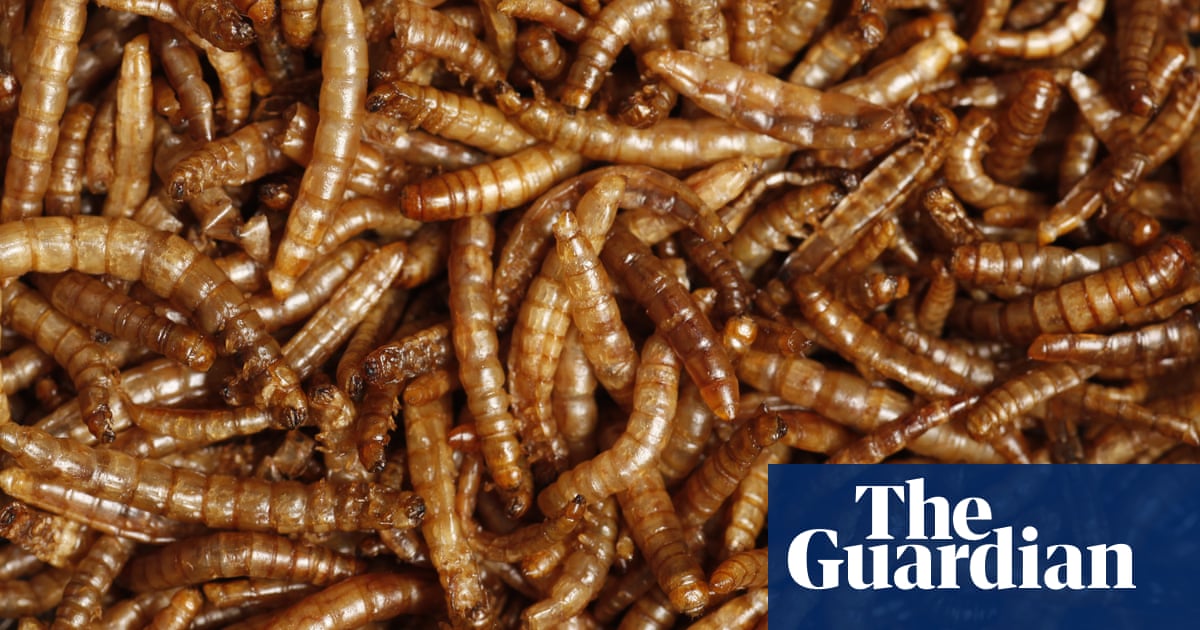Recent efforts to encourage people to eat insects are doomed to fail because of widespread public disgust at the idea, making it unlikely insects will help people switch from the environmentally ruinous habit of meat consumption, a new study has found.
Farming and eating insects has beentoutedin recent years as a greener alternative to eating traditional meat due to the heavyenvironmental tollof raising livestock, which is a leading driver of deforestation, responsible for more than half of global water pollution, and may cause more than a third of all greenhouse gases that can be allowed if the world is to avoid disastrous climate change, the new research finds.
Despite this, the much lighter planetary cost of breeding and eating insects such as crickets, grasshoppers and ants is unlikely to be realized because people, particularly in western countries, remain repulsed at the idea of eating them, the researchers found.
Public polling in the US andEuropehas found that while as many as 91% of respondents would be willing to try plant-based “alternative meats”, only about 20% would consider eating insects.
As well as a cultural “yuck” factor, there are also economic barriers, the paper found, with most companies – the exception being a few protein bar startups – deciding to focus on raising species such as black soldier flies for animal, rather than human, consumption.
“Given these challenges, it is difficult to see how insect-based foods could significantly replace traditional meat options,” the paper, published in the Nature journal npj Sustainable Agriculture, states.
While many people express a desire to eat food that is raised sustainably, relatively few in western countries have embraced vegetarianism and veganism. Meanwhile, global meat consumption is expected to increase in the coming decades amid rising demand from a newly wealthy cohort in countries such as China, placing additional stresses upon the land, waterways and theclimate.
“We have limited resources and we need to devote them to the most promising alternatives,” said Dustin Crummett, the co-author of the study and executive director ofthe Insect Institute. “It turns out that farmed insects consistently score the lowest of any of the meat substitutes and the actual market for them is incredibly small, even in places that have a tradition of eating insects.”
Crummett said that while some efforts have been made to put insects into items such as snack bars and bread, they aren’t being made into products that would actually dislodge meat consumption.
“All the talk about eating insects has not made a big difference. People still have a strong adverse reaction to insects and there is no cultural history of that,” he said. “Changing longstanding culinary traditions and deep-seated disgust reactions is hard to do from the top down. If it were easy, more people would be eating plant-based foods.”
Sign up toDown to Earth
The planet's most important stories. Get all the week's environment news - the good, the bad and the essential
after newsletter promotion
Few governments have made any significant moves to curb meat consumption, despite its enormous impact upon the environment, fearing political backlash. Denmark, however, has provided a possible model of how to do this,unveiling a plan in 2023 to reduce meat eatingand bolster the supply of plant-based foods.
“Plant-based foods are the future,” Jacob Jensen, Denmark’s minister for food, agriculture and fisheries, said at the time. “If we want to reduce the climate footprint within the agricultural sector, then we all have to eat more plant-based foods.”
Crummett said that the Danish plan was a good starting point to craft an alternative to simply hoping that people will switch to insects.
“You have to meet people where they are,” he said. “You need to make things easy and tasty, not just moralize and hector people. Once there are alternative products that are better based on taste, price and convenience, we will get some traction in reducing the impact of livestock.”
